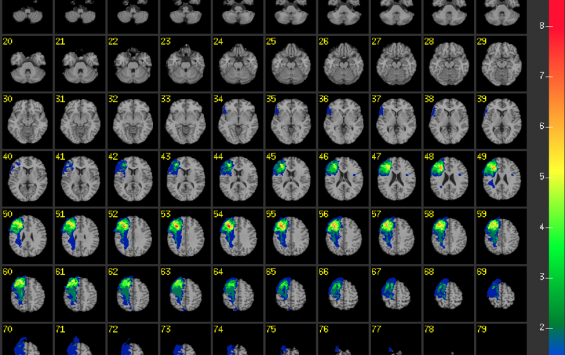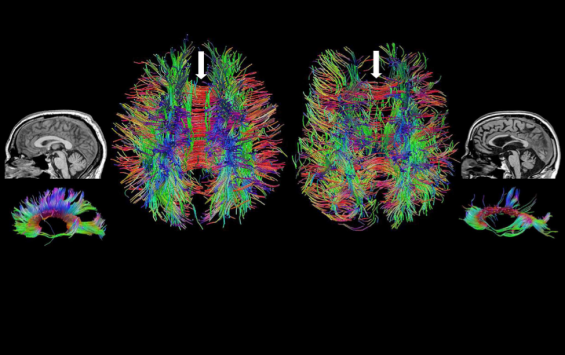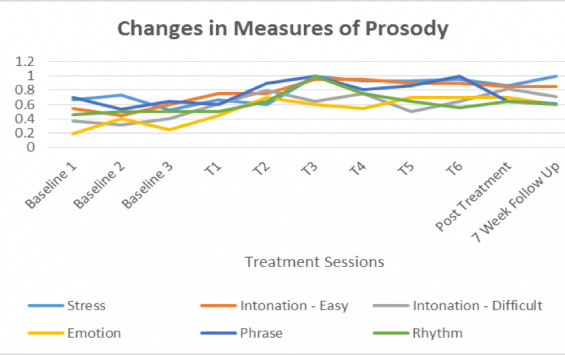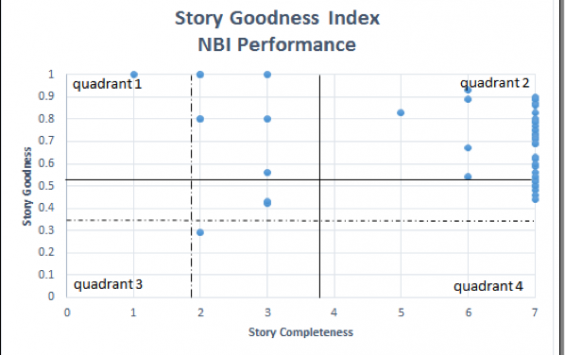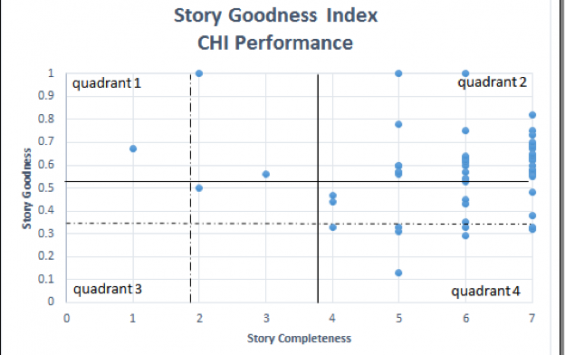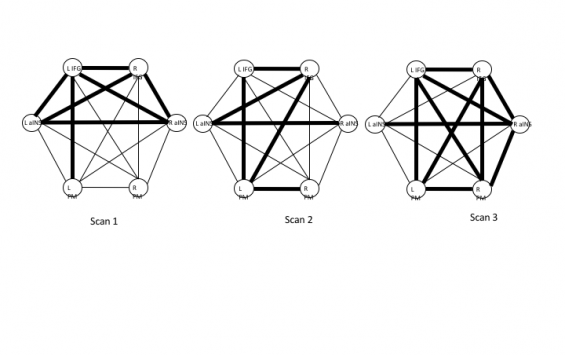Research Focus
Our research focuses on understanding how diffuse or focal brain damage disrupts complex language processes such as discourse.
Studying language at the level of discourse permits the examination of both linguistic and cognitive influences and how these components are integrated for successful social interactions.
Through the application of large group and single-case study designs a variety of factors, known to influence discourse production such as working memory and executive functioning, are being examined.
A primary objective is examining the neural organization of discourse processing.
The Acquired Language Disorders Lab is located at 227A in the Phillips Communication Sciences Building (PCSB).
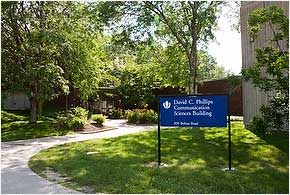
Lab News:
Two ALD lab members presented at the 20th Annual Frontiers in Undergraduate Research Poster Exhibition April 7th and 8th, 2017:
Erin Hurley, Cognitive Sciences
Characterizing macrolinguistic deficits following closed head injury
Lisa Mueller, Speech, Language, & Hearing Sciences
An analysis of speaker naturalness following intensive therapy targeting prosody in apraxia of speech
Collaborations
The lab is currently collaborating with investigators from two longitudinal studies on the cognitive consequences of traumatic brain injury:
- The Vietnam Head Injury Study (VHIS)
- Exploring the Natural History of Traumatic Brain Injury within a Military Cohort – A Longitudinal Database and Blood Banking Study
Other collaborations include:
- Brain Injury Association of Connecticut (BIAC)
- Hospital for Special Care (New Britain, CT)
- Veterans Affairs Connecticut Healthcare System (Newington and West Haven)
- UCONN Aphasia Rehab Lab
- CT Institute for the Brain and Cognitive Science
